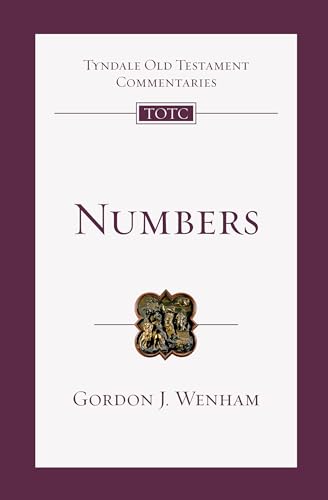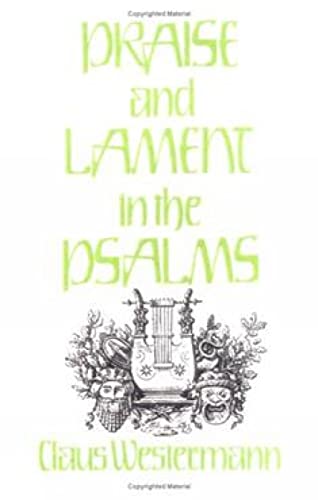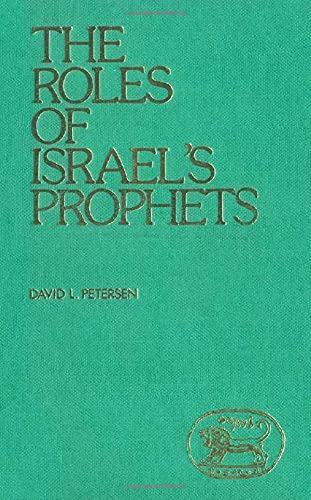The dust-jacket announces that ‘Not since J. B. Lightfoot’s commentary on Colossians appeared in 1875 has a study of comparable stature been published in English’. Perhaps SPCK are being a little less than generous towards Lohse’s distinguished contribution in the Hermeneia series, and now, too, there has just been published a very fine and thorough commentary by P. T. O’Brien in the Word Biblical Commentary series, but we are nonetheless fortunate to have Schweizer’s work made available to us as well.
This commentary, with Stuhlmacher’s volume on Philemon, was the first to appear in the new German EKK series, an ecumenical undertaking with Catholic and Protestant editorial board and contributors. Since he first proposed the idea of an EKK series to his German publishers in 1966, Schweizer has published some ten or so articles bearing on Colossians, several of which have been landmarks in the exegetical discussion of the book; so a full commentary by him on this rich epistle was to be eagerly awaited.
Schweizer characterizes his work as both theological and historical. By the former he does not mean that he attempts to encroach on the preserve of Dogmatic theologians; but rather that ‘no section has been written without having first been preached’ (p. 11). It is one of the strengths of Schweizer’s work that he continually shows detailed interest in the theological ramifications and significance of what is being said. By saying that the commentary is historical Schweizer means simply that he has expended a good deal of energy researching the world of thought which the epistle addresses, and that this both informs and controls his theological exegesis. The evidence of his labours is to be seen on every page in a clear grasp of the primary sources and of the secondary literature on the world of the apostolic age.
This is not, however, to suggest The Letter to the Colossians is overburdened with technicalities; far from it—Greek is confined to the footnotes, as is Schweizer’s reaction to the secondary literature. The text of the commentary is thus never a blow by blow account of the history of New Testament scholarship on this or that exegetical crux, but Schweizer’s own unencumbered exegesis. Each portion of the letter is dealt with under three heads: (1) ‘analysis’ briefly examines the structure of thought of the passage; (2) ‘interpretation’ gives detailed exegesis and (3) ‘summary’ brings the main threads of (1) and (2) together, often adding an expository dimension. Every effort has therefore been made to allow the commentator to bring his reader to the text, and to help him explore each passage in the light of the historical situation and the argument of the epistle as a whole. The commentary thus looks relatively simple; one might almost expect the theologically untrained to be able to use it. But here first appearances prove deceptive. The uninitiated would have great difficulty in following the true purport of Schweizer’s terse, penetrating and finely nuanced remarks. This is the creative work of a leading theologian, and almost inevitably it is other theologians, and well-equipped pastors, who will get most out of it.
Colossians, Schweizer argues, was not written by Paul. He thinks the letter in places stylistically un-Pauline; similarly un-Pauline, he claims, are the way the writer refers to Paul’s sufferings; the attitude to the law (2:17), and the absence of any mention of the Spirit in the context of words and ideas which Paul usually or always elsewhere associates with the Spirit. At the same time Schweizer rejects the common theory that the letter is post-Pauline; the style is too close to Paul, and the letter too packed with incidental detail to be a later imitation—and anyway Colossae was virtually destroyed in ad 61. So, with Ollrog, he concludes the letter was written by Timothy. In the judgment of the reviewer Schweizer is mistaken here: Percy’s arguments for the authenticity of the letter have not yet been overturned. Timothy’s hand in the letter need not be doubted (cf.1:1)—and this might occasionally be detected in the style (which in our view is never convincingly un-Pauline despite Schweizer’s dogmatic pronouncements that this or that feature are ‘alien’ to Paul, or ‘decidedly unPauline’)—but why would so close a disciple as Timothy be any less likely to mention the Spirit (etc.)? The theory does not explain the phenomenon it is invoked to explain.
The commentary itself is masterly and original. Here we can only point to three highlights of his exposition: (1) Schweizer offers a brilliant reconstruction of the wording and original meaning of the alleged pre-Pauline hymn behind Colossians 1:15–20; his view has already commanded relatively widespread assent. (2) His analysis on the false teaching the letter seeks to counter marks a new departure in the scholarly discussion, for Schweizer rejects the common view that ‘the elements of the world’ (ta stoicheia tou kosmou; 2:8, 20) are ‘elemental spirits’ or ‘angelic powers’ on the ground that this identification is anachronistic before the second century. Instead he sees the terminology and associated concepts as reflecting first-century Empedoclesian (sic) and Pythagorean ideas about the escape of pure souls from the lower elements of earth and water to the heavenly ones, through asceticism (avoiding the impure), through honouring of the hero-souls (= angels of 2:18), and through the mysteries. This interpretation permeates Schweizer’s exegesis of the whole of 2:8–3:17. (3) 3:18–4:1 reflects Schweizer’s research on the origin and development of Christian ‘household rules’, and on their distinctive emphases over against hellenistic ethical tables.
To mark these as high points of the exegesis is not necessarily to agree with Schweizer’s position. In the judgment of the reviewer even the alleged pre-Colossians existence of the hymnic formulation in 1:15–20 has yet to be demonstrated (cf. Moule and O’Brien); while the attempts to rediscover the original hymn, and to determine its meaning—without a fuller context, and without certainty as to the original wording—must be recognized for what they are; they are entirely conjectural hypotheses. The reviewer needs yet to be convinced too of the proposed Empedoclesian background to the Colossian false teaching. If Paul really thought the Colossians were in danger of worshipping the souls of the immortal heroes he would undoubtedly have been more sharply critical of the sheer idolatry this involved (and who identified these naked souls as ‘angels’?—cf. 2:18). A background in Jewish Christian mysticism which prizes joining in the angels’ worship of God still seems preferable; and the case for identifying the stoicheia as elemental spirits (rather than as the elements themselves) remains justifiable—the second-century usage did not drop from the blue. But the commentary can be appreciated for its adroit exposition of a particular view, even if the reader does not share all the specifics of Schweizer’s reconstruction; for the commentary is full of exegetical riches and challenging insights.
Another new departure in this stimulating work comes in the last fifth of the volume most of which comprises an extended essay on the impact of Colossians, historically, on the Christological, soteriological and ethical teaching of the church. A final valuable section considers the relevance of Colossians for today.
For translation we must be thankful to the labours of Andrew Chester. He will certainly wish to correct himself where he has made Schweizer assert that Colossae is situated on the great eastern trade route from Ephesus to Miletus (! p. 13); and he may wish to reconsider (if there be a reprinting) giving us a translation of Schweizer’s text of Colossians rather than the RSV with which Schweizer’s comments so often disagree (cf.on 1:12; 2:18, 20, etc). Perhaps particularly regrettable, in view of Schweizer’s understanding of stoicheia, is the continual rendering of his ‘die Elemente’ by ‘elemental spirits’. But such aberrations are readily tolerated for the advantage of having the book available in English.
For all that can be said in favour of this book, the reviewer would still put his money on O’Brien, rather than Schweizer, if it came to a straight choice.
Max Turner
London Bible College







